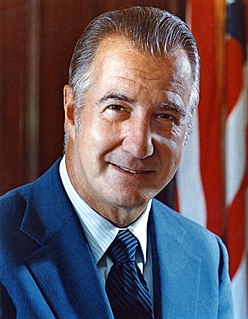A Quote by Zbigniew Brzezinski
The attitude of the American public toward the external projection of American power has been much more ambivalent. The public supported America's engagement in World War II largely because of the shock effect of the Japanese attack on Pearl Harbor.
Related Quotes
I think the important thing to remember about the Japanese internment is the situation. We had been attacked. Maybe Roosevelt expected it - I rather think he did. I don't think he expected an attack on Pearl Harbor. I think he expected an attack on Southeast Asia. But we were attacked at Pearl Harbor
I think that we're at an alarming moment in American political development and maybe in world political development, because the United States is so influential. If the trends of the last thirty or forty years are not halted and reversed - and those trends include increasingly inequality, a crumbling public life, a disintegrating public infrastructure, an exhausted ecology, and a huge war arsenal, and more and more war making - then I'm rather gloomy about the prospects for the American future and the harm that the United States could do to the world.
Pearl Harbor is a two-hour movie squeezed into three hours, about how on December 7, 1941, the Japanese staged a surprise attack on an American love triangle. Its centerpiece is 40 minutes of redundant special effects, surrounded by a love story of stunning banality. The film has been directed without grace, vision, or originality, and although you may walk out quoting lines of dialog, it will not be because you admire them.
I don't feel I was 'born American,' but my homeland was denied to me after the end of World War II, and I craved something I could identify with. When I became a student at Harvard in the 1950s, America very quickly filled the vacuum. I felt I was American, but I think it's more revealing of America how quickly others here accepted me.































